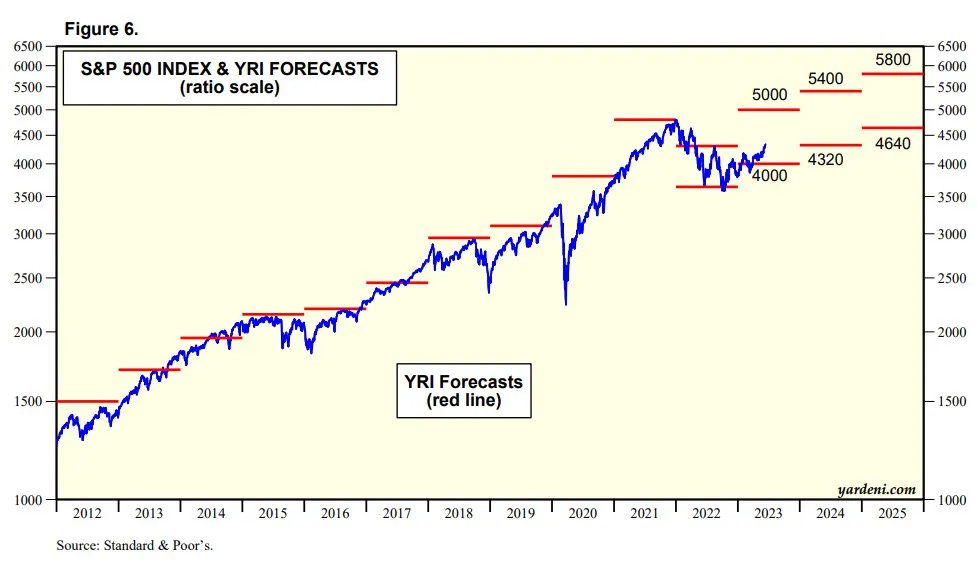Forecasts, Forecast
Why do we want forecasts in the first place?
In 1988, an economist thought the Internet would have no greater economic impact than a Fax Machine. Little did he know that the Internet would revolutionize the finance industry. The economist was Paul Krugman who won the Nobel Prize in economics in 2008.
A senior writer at CNN wrote, “I love Netflix, but not the stock”. At the time Netflix was still a DVD rental service. The year was 2003 and Netflix was officially the ‘cool’ stock to have in your portfolio. It was trading at $1.62. Today it’s above $600 per share.
All this is to say that there are brilliant people who work only in forecasting. And they still get it wrong.
There are two kinds of forecasters: those who don’t know, and those who don’t know they don’t know. – John Kenneth Galbraith
Randomness at the Heart
The world is full of random events unfolding in ways outside of anyone’s forecast.
How many thoughts do you have in a day? Assuming 25% of the total thoughts (on average 50,000) are of the bank balance, market, life, future, and anxieties, then they would count up to 12,500 thoughts per day, per person.
That’s just one person. A market is made when at least two people want to buy and sell. We have tens of thousands of people in the real-world markets. Under the table or otherwise. So that counts up to a million thoughts per day. Every day for a year. These all cannot be accurately forecasted.
With me so far?
This passage from a Howard Marks Memo asks the right question:
How can a model of an economy be comprehensive enough to deal with things that haven’t been seen before, or haven’t been seen in modern times (meaning under comparable circumstances)? This is yet another example of why a model simply can’t replicate something as complex as an economy.
You know... You know what I've noticed? Nobody panics when things go "according to plan." Even if the plan is horrifying! — Joker
Electrons With Feelings
We tend to simplify everything because it reduces our anxieties. This form of cognitive bias evolves into another version of confirmation bias. We look for the things we believe in to be confirmed, so we go with the simplest version of reality that can easily be confirmed.
Still with me?
More than anything, we need certainty. It’s the currency of comfort. If we lose that, we divert into chaos. When anything with more than one human emotion comes to the forefront, it is hard to predict what they do next.
In the same memo, Howard Marks writes on the randomness of behavior succinctly:
Noted physicist Richard Feynman once said, “Imagine how much harder physics would be if electrons had feelings.” The rules of physics are reliable precisely because electrons always do what they’re supposed to do. They never forget to perform. They never rebel. They never go on strike. They never innovate. They never behave in a contrary manner.
So how do you deal with Randomness?
The result of uncertainty is mass panic, anxiety, and confusion about a certain direction to take. A useful question to ask in times of panic, anxiety, and confusion:
Did I make the best decision based on the information that I had at the time that I made it?
Read that again.
At worst, it forces you to rethink your choices and the rationale behind your decisions. And at best, it clears out the bullshit thinking from non-bullshit thinking. It separates important thinking from unimportant things that don’t matter when making a decision.
One is necessary and the other is what it is, bullshit.

